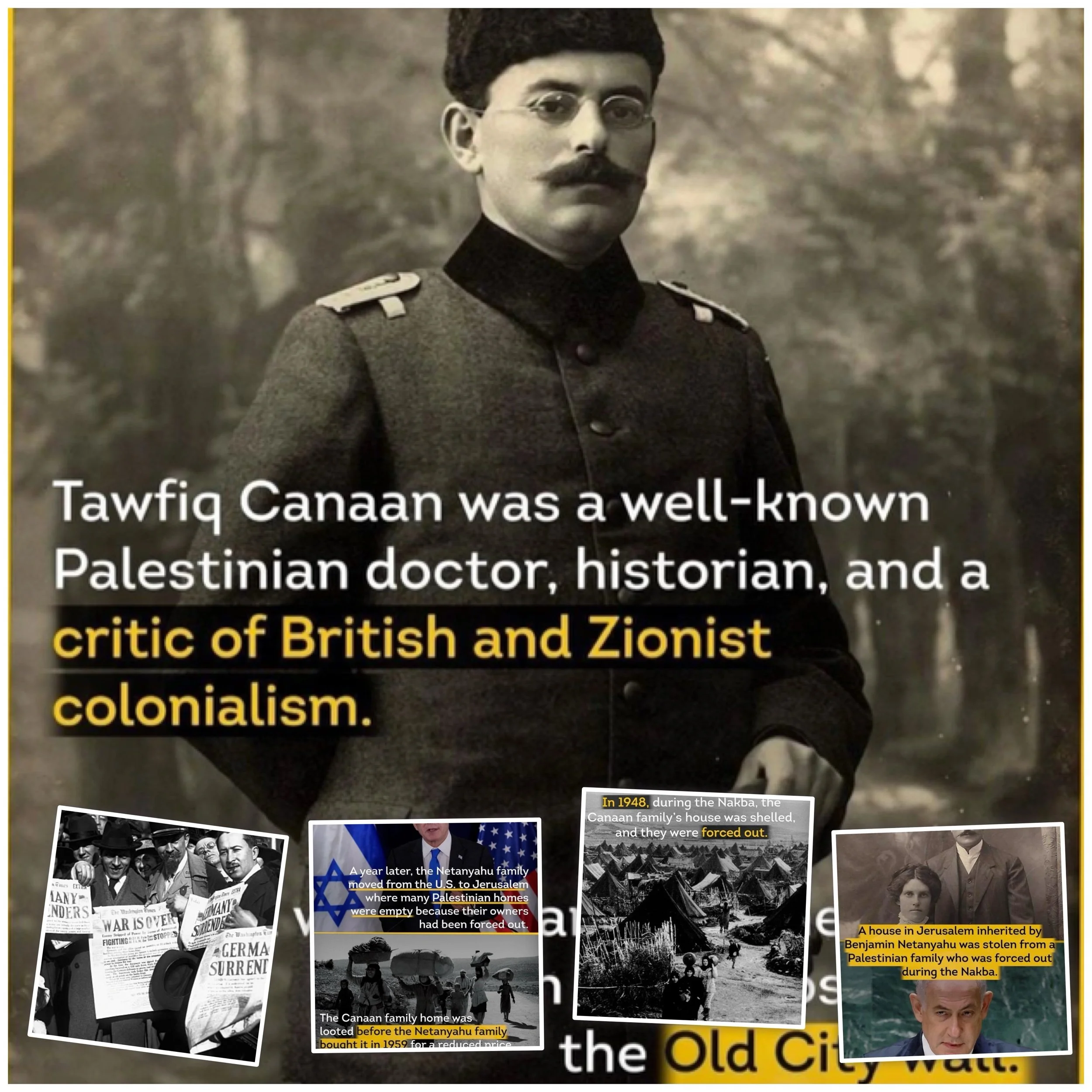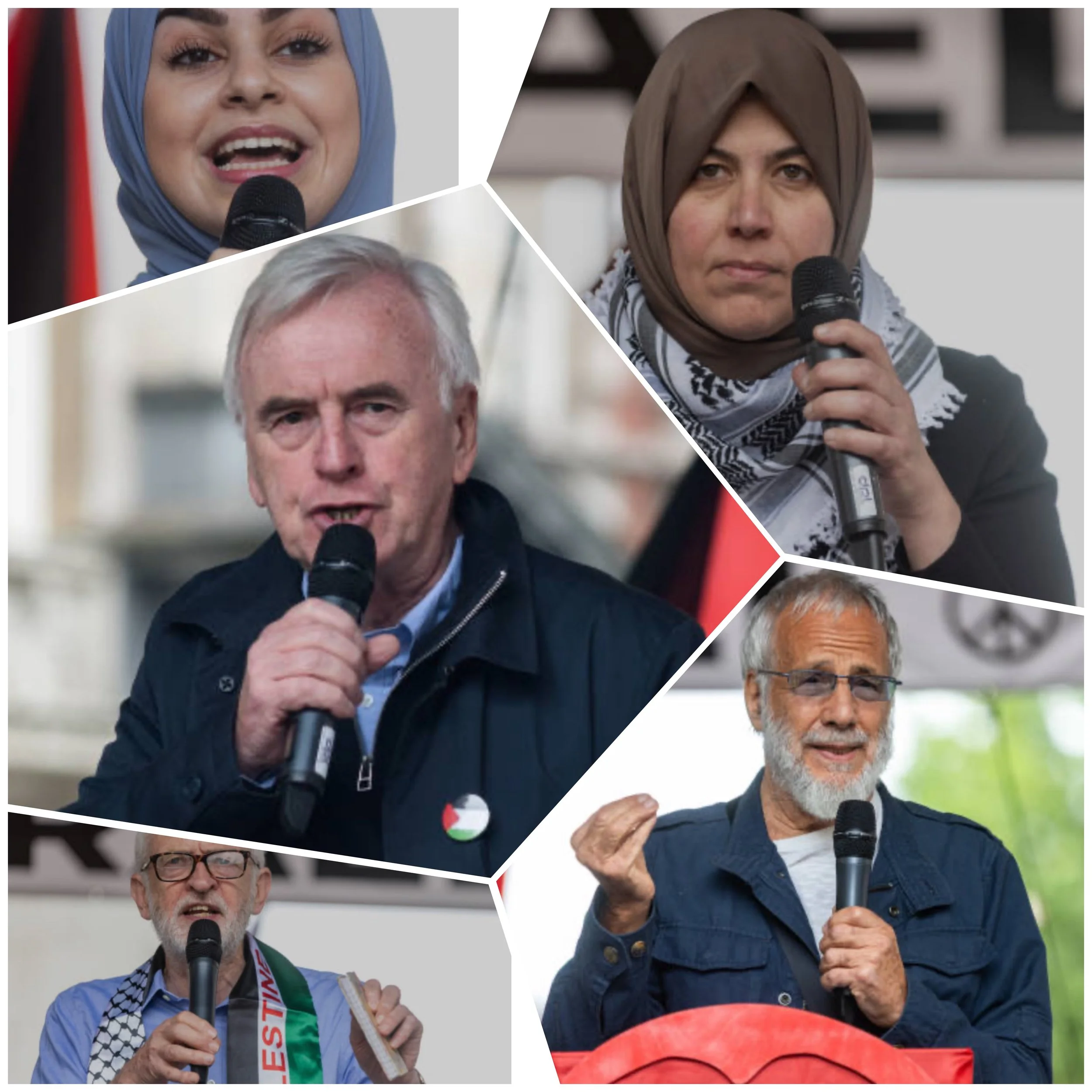What is NAKBA? Main events at NAKBA?
The Nakba, which means “catastrophe” in Arabic, refers to the mass displacement and dispossession of Palestinians during the 1948 Arab-Israeli war. Here’s an overview of the history behind this significant event:
Origins and Background
• The roots of the Nakba can be traced back to the late 19th century with the emergence of Political Zionism, a movement advocating for a Jewish state.
• In the 1930s, Jewish immigration to Mandatory Palestine (then under British control) intensified due to persecution in Europe and the Holocaust, leading to increased conflict over the land.
The 1947-1949 Period
• In November 1947, the UN General Assembly passed a resolution partitioning Palestine into two states, one Jewish and one Arab, with Jerusalem under UN administration. The Arab world rejected this plan.
• Following the UN partition plan, Jewish militias launched attacks against Palestinian villages, forcing thousands to flee.
• On May 14, 1948, Israel declared its independence, leading to a full-scale war as neighboring Arab armies entered the conflict.
The Displacement
• Between 1947 and 1949, Israeli militias destroyed 531 Palestinian towns, according to the West Bank-based Palestinian Central Bureau of Statistics.
• Over 800,000 Palestinians, more than half of the 1.4 million-strong Palestinian population at the time, were displaced.
• Some attacks included tactics such as shelling homes and poisoning water sources to drive out populations.
Aftermath and Ongoing Impact
• In December 1948, the UN General Assembly called for refugee return, property restitution, and compensation (resolution 194 (II)). However, 75 years later, these rights continue to be denied.
• Today, according to the UN Relief and Works Agency for Palestine Refugees (UNRWA), more than 5 million Palestine refugees are scattered throughout the Middle East.
• The Nakba remains a deeply traumatic event in Palestinian collective memory and continues to shape their struggle for justice and the right to return to their homes.
Historical Narratives and Debates
• For decades, the dominant narrative blamed Palestinians for resisting their displacement, with claims that “their leaders told them to leave”.
• Since the 1980s, revisionist historians, including some Israeli scholars, have challenged this narrative, revealing evidence of systematic expulsions.
• Debates continue over whether the events constituted “ethnic cleansing” or a systematic expulsion of Palestinians.
Commemoration
• Palestinians globally mark Nakba Day on May 15th each year to remember the profound loss and ongoing struggle for justice.
• In 2023, for the first time in UN history, this anniversary was officially commemorated following a mandate by the General Assembly.
The Nakba remains a pivotal event in Palestinian history, shaping the ongoing Israeli-Palestinian conflict and the struggle for Palestinian rights and statehood. Its impact continues to be felt by millions of Palestinians today, both in the occupied territories and in the diaspora.







